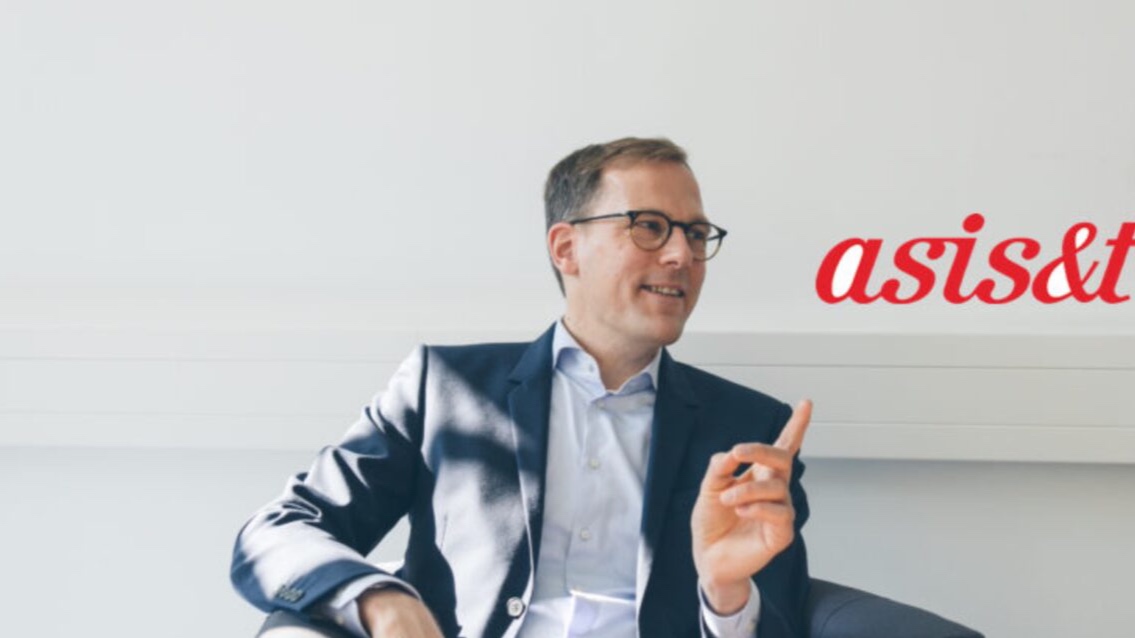
ASIS&T European Student Chapter Interview Series: Dirk Lewandowski, HAW Hamburg
- Post by: Dirk Lewandowski
- 2020-01-21
- No Comment
(First published on the ASIS&T European Chapter Website.)
Tell us a little about yourself. Who are you? What institution are you affiliated with?
I’m a professor of information research and information retrieval at the Hamburg University of Applied Sciences. I’m 45 years old, and I have been with the university since 2007. My research group (www.searchstudies.org) focuses on understanding user behaviour in web search. Our research ranges from questionnaire studies to lab studies using eye-tracking to more theoretical work on the impact search engines as Google have on knowledge acquisition in society.
One thing I’m very interested in is bringing our research into practices, for instance, discussing our results with policymakers and regulators. I feel that society would profit much from better understanding the impact of search. Furthermore, I think it is crucial to teach people on how to use search engines to their benefit. From my point of view, “search engine literacy” should be a core component of information literacy.
Why did you go into Information Science?
I started studying library science in 1994 because then, it was possible to obtain a minor in literary studies, which was my main interest at that time. In the curriculum, there were optional courses on information science, as well, which I found quite fascinating. When I decided to go further with my studies at another university, Professor Rafael Capurro recommended the University of Düsseldorf to me. So, I went to Düsseldorf and completed my M.A. and PhD there.
What are you currently working on?
We recently started a project funded by the German Research Foundation (DFG), where we investigate the effect search engine optimization (SEO) has on the results shown in Google and other search engines. Our team aims to get a better understanding of SEO through interviewing experts, investigating users, and through analyzing large amounts of data from the search engines. As we just started in May, there are no results yet, but I think that we not only have a fascinating topic but that the results will be exciting and useful.
Have your research interests changed over time?
When I started doing research on search engines, my interest was more on the technical side. I wanted to find out how search engines work and how they can be improved. Then, I moved more to the user side, conducting user studies. Now, I try to combine these two areas with a broader view on search engines and society. I think this is the way to go for information science in general: to do research relevant to society, which is founded on a deep understanding of technology and information users.
Tell us about something in Information Science that’s fascinating to you: A fun fact, the results of a study, history of the field.
A “fun” fact is that at the moment when information science is very successful and is needed more than ever, some universities – like the Heinrich Heine University Düsseldorf – decided to close down their information science departments. It would be funny if it were not so depressing.
What do you think does the future of Information Science looks like? In one word.
Bright.
Is there anything you would like to say or recommend to Information Science students from Europe?
A rather simple recommendation: Spend more time reading, not only information science but research results from other fields, as well. In the modern information environment, researchers from many disciplines are interested in the same or related phenomena. It is wise to get a feeling for how others approach these topics, not least for getting a better understanding of where information science research can contribute to making the world at least a tiny bit better.
